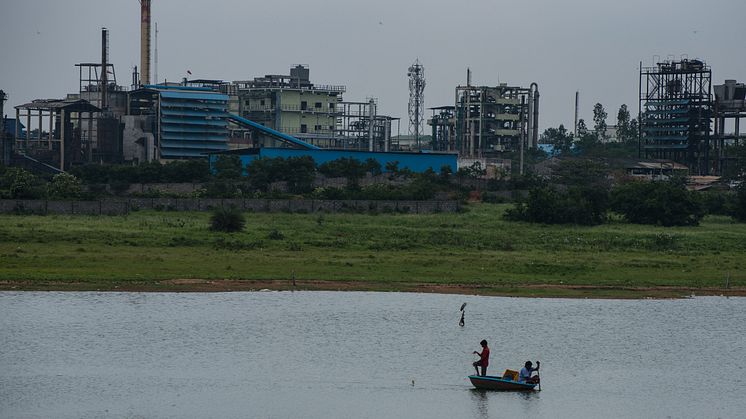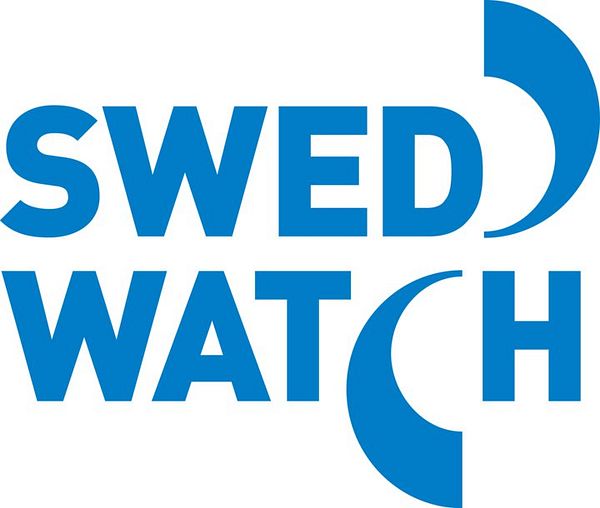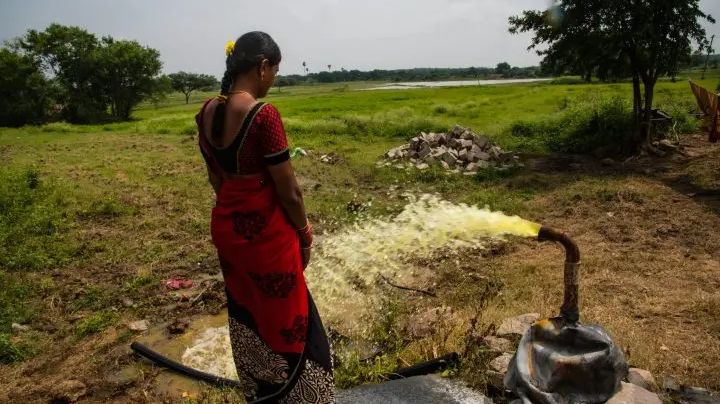
Pressmeddelande -
Pharmaceutical sector must address pollution in supply chains
As the world scrambles to produce and distribute vaccines to combat Covid-19, the steady spread of anti-microbial resistance (AMR) continues to undermine the treatment of infectious diseases such as tuberculosis, HIV, and malaria. The main focus of work to combat AMR has been on reducing overuse of antibiotics but there is also an urgent need to tackle the spread of drug resistant pathogens in wastewater from pharmaceutic factories which threaten local communities and the world as a whole.
AMR – or drug resistant infections – claim at least 700,000 lives per year globally and the death toll is projected to rise to 10 million by 2050. It has been more than a decade since drug resistant pathogens were first found in high concentrations in industrial wastewaters from pharmaceutical production sites in countries such as India. Despite numerous international studies and reports highlighting a lack of due diligence in pharmaceutical supply chains and negative impacts on people and the environment – including a Swedwatch report last year action to mitigate and control pharmaceutical effluent from drug factories has been minimal and largely ineffective.
A recent case study by the Indian think-tank Vidhi Centre for Legal Policy highlighted the long history of court cases brought against pharmaceutical companies and state authorities in India. It showed that despite the development of judicial structures and legal instruments to regulate environmental pollution, the cumulative impacts of pharmaceutical effluent on human and animal health remains largely neglected.
Promising initiatives but little impact
In recent years there have been a number of promising initiatives in Sweden.
Nordea Asset Management has worked with industry groups such as the Pharmaceutical Supply Chain Initiative (PSCI) to influence voluntary efforts within the sector to promote good governance and responsible manufacturing. Swedish pharmacies have introduced a green labelling initiative based on the sustainability reporting of companies and their membership of PSCI.
While these initiatives are laudable, voluntary initiatives lack the clout to tackle largescale pharmaceutical pollution. This pollution from manufacturing facilities remains largely unchanged as global dependence on generic medicine produced in countries such as India continues to increase.
Bulk drug parks and weakened pollution controls
The Covid-19 pandemic has heightened the critical role of the pharmaceutical sector in vaccine producing countries such as India, which serves as a global hub for essential medicines. Indian manufactures have been exposed to supply-chain vulnerability as a result of the Covid-19 pandemic due to their high dependence on imported active pharmaceutical ingredients (APIs) from China. This has led to increased government support to promote domestic production of APIs and the expansion of large-scale industrial complexes including “bulk drug parks” across the country.
This trend, coupled with a regressive revision of environmental regulation in India, raises grave concerns regarding the potential for rising pollution levels which would further threaten the health of local communities and contribute to the global spread of AMR. This setback in regulatory efforts comes despite recent progress in India to tackle pharmaceutical effluent in the environment via a draft bill to regulate antibiotic residues from manufacturing facilities.
The pandemic has made us all aware of our dependence on safe and accessible medicines, but their production should not cost the lives and livelihoods of people in poorer countries. Pharmaceutical companies, investors, pharmacies and states can no longer neglect their human rights and environmental due diligence obligations.
Ämnen
Kategorier
Swedwatch är en ideell och politiskt obunden researchorganisation. Vårt mål är att företag, investerare och stater ska ta ansvar för mänskliga rättigheter och miljö och att rättighetsinnehavare kan göra sina röster hörda.



